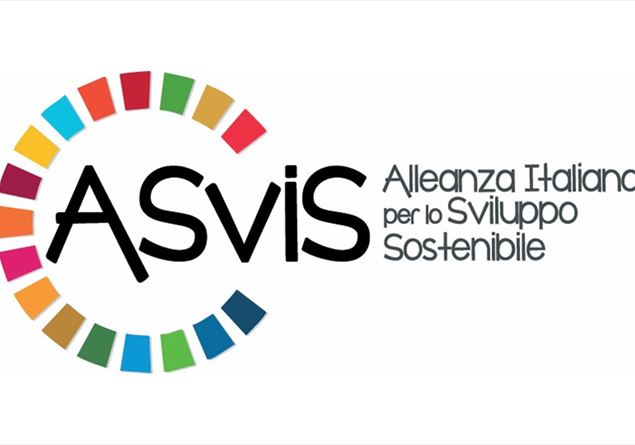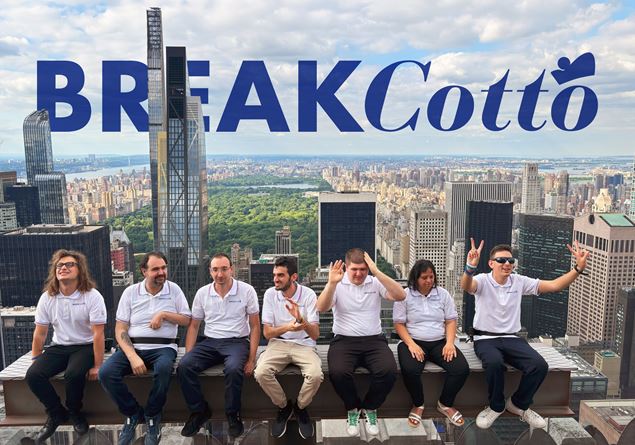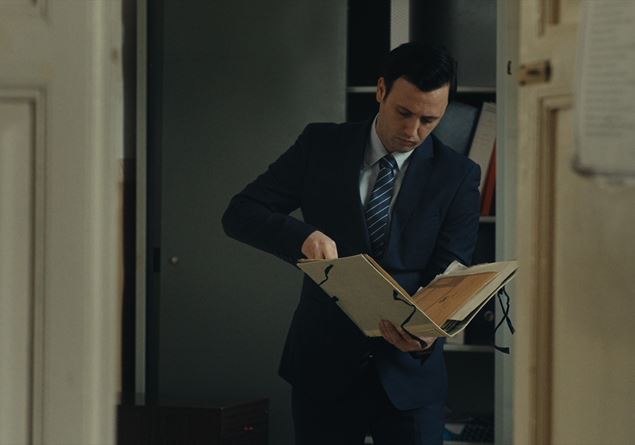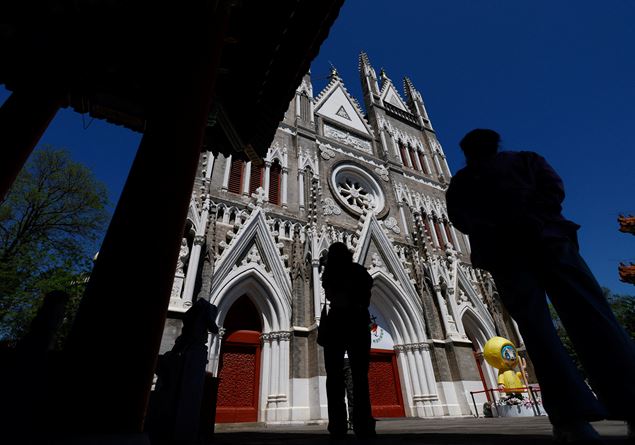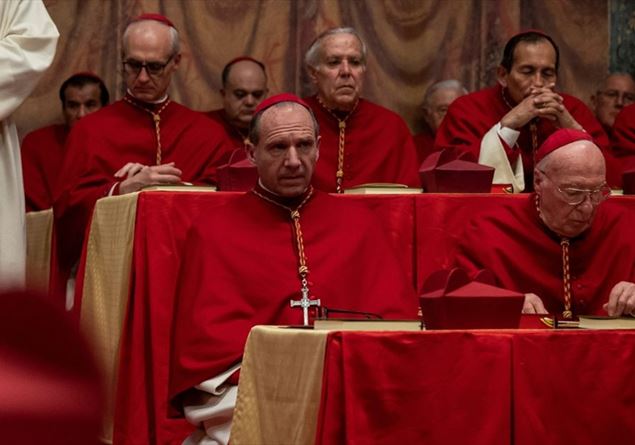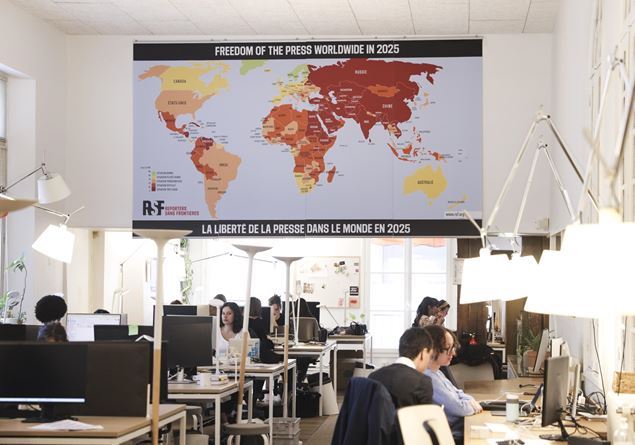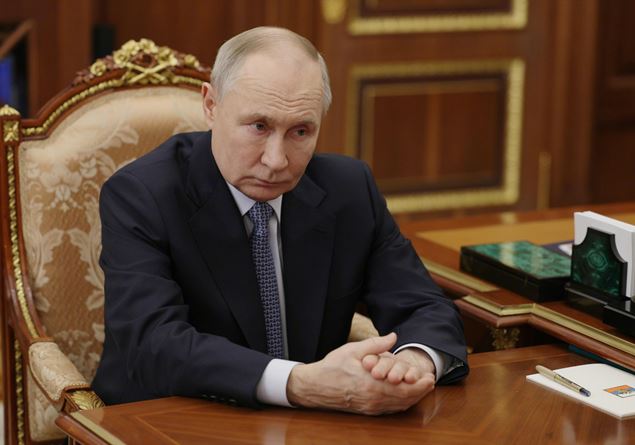With the death of Pope Francis and the start of the Vacant which will culminate with the Conclavescheduled for May 7, the life of the Church – except for the ordinary administration – stops almost totally. The canonization of the Blessed Carlo Acutis was suspended, scheduled for April 27 during the jubilee of teenagers, the appointments of the Dicastery leaders decreased, waiting for the next Pope to renew them or changes. Even the appointments of the bishops, of exclusive papal competence, are firm, pending, in fact, of the successor of Bergoglio.
In short, no one makes decisions except for China who announced a few days ago the choice of two new bishops, as he wrote Asia News. It is Father Wu Jianlindirector of the Commission for Educational Affairs, elected new auxiliary bishop of the diocese of Shanghai, and of Father Li Jianlinchosen to guide the diocese of Xinxiang, in the province of Henan.
As he always explained Asia Newsthe priests of Shanghai, together with some representatives of the religious and lay people, have been summoned to ratify the choice of a new auxiliary bishop. What happened on the end of April. Wu Jianlin, current Vicar General, was elected with just a handful of contrary votes. The same thing happened in the diocese of Xinxiang where however there was a unique candidate, namely Father Li Jianlin. The method of choice and designation is the usual one.
Despite the agreement between the Holy See and the Popular Republic on the appointment of the bishops strongly desired by Pope Francis in 2018 and renewed last October for another four years, Beijing, who has always theorized (and tried to implement) the autonomy of the Church in China, also this time chose the names of the two bishops by some assemblies of the clergy recorded in the bodies controlled by the party, Whether the pontiff reserves the right to approve or not later. It should also be said, as Asia News reconstructed, that the two elections had probably already been fixed before the death of Pope Francis. “The fact of having made them known during the vacant headquarters,” he explains to Christian family father Gianni Criveller, Director of the Missionary Center of the PIME (Pontifical Institute Foreign Missions), editorial director of Asia Newsas well as sinologist with a long experience in the great China (from 1991 to 2017 he lived and taught Hong Kong, Taiwan, Macau and Popular China), “indicates that those who manage religious policy in China go on as if nothing had happened and that the fact that the Pope is no longer there is no obstacle to continue his own way. It is a lack of touch and delicacy but there is nothing to be surprised for those who know the dynamics of Chinese politics. On the other hand, the same reactions to Pope Francis’ death are significant. Contrary to what happened for the Synod of October, No bishop from the People’s Republic of China has come to the Vatican for the funeral of Pope Francis. In the meantime, “continues Criveller,” on the website of the patriotic association also the two stringful lines of condolence, published four days after the Pope’s death, have already disappeared from the home page, dragged away by more urgent news, such as the meeting of the Catholics of the province of Hanui with the party committee and that on the balance of the five -year plan for the synicization of Catholicism in the province of the Hubei. A behavior that seems almost an answer to the courage with which many Chinese Catholics (and also some bishops) shared the images of Pope Francis on their personal profiles on social networks on the occasion of his death and that we have told Asia News ».
The announcement of death recited as follows: “Pope Francis was called by the Lord at 7:35 in the morning of April 21, 2025 (13:35 Time of Beijing) at the Santa Marta house at the age of 88. Let’s pray together because God in his Mercy welcomes Pope Francis into eternal bliss in Paradise ».
The official reaction to the death of the Pope by the Government of Beijing (with whom the Holy See has no formal diplomatic relations) had been entrusted to the spokesperson of the Ministry of Foreign Affairs, Guo jiakun, Which on the sidelines of a conference had expressed China’s condolence for the death of the pontiff, underlining that in recent years People’s Republic of Chinese and Holy See have maintained constructive contacts and started profitable exchanges.
Returning, however, to the election of the two bishops, these are, in both cases, two very delicate designations. The diocese of Shanghai, in fact, already has two auxiliary bishops. The first, Joseph Xing Wenzhi, He was appointed by John Paul II and then confirmed by Benedict XVI. He had also obtained the recognition of the government but after showing poor obedience in Beijing, he was made to disappear. In his place he was appointed Taddeo but Daqin, who, on the day of episcopal ordination in 2012, had sensationally announced to abandon the patriotic association because it is irreconcilable with his role as bishop. He was immediately arrested and locked up in the shell seminary, where he is still found despite heard it publicly apologized.
Finally, it must be remembered that the current bishop of Shanghai, Monsignor Shen Bin, It was transferred in 2023 by the diocese of Himenza without even consulting the Vatican. Pope Francis agreed to “move” only after three months to preserve the unity of the Church and not to introduce new lacerations.
No less problematic is the election of Father Li Jianlin In the diocese of Xinxiang who is vacant for the Chinese authorities, but where in reality a bishop (underground) is, the 67 -year -old Joseph Zhang Weizhuclandestinely ordered in 1991 and several times arrested also in very recent years for the simple fact of carrying out his ministry. And also in this case the unique candidate chosen as Bishop is a loyalist of the party: In 2018, in fact, Li Jianlin was among the signatories of the circular with which in the province of Henan the prohibition of entry to minors in churches for the masses was formalized. “In the Henan,” said the circular, “it is forbidden to organize activities of any form for the education or religious training of minors. The faithful who go to leave their children in custody to others are invited so as not to bring children with them to the church. It is a “red line” ».
The agreement, whose content was not announced, between the Holy See and China was signed for the first time in 2018, then renewed in 2020 for two years, in 2022 for two more and in 2024 for four others. With a view to the Vatican, the agreement is used to give new shepherds to the Chinese Church (To date there would be at least 30 new bishops) and reconcile the two branches of the Church, the official one, subjected to the control of the government, and the unofficial (underground), considered illegal by Beijing.
From 2018, to exercise the Ministry, priests and bishops must sign adhere to the patriotic association (which controls the Church); adhere to the party’s socialist policy; support the Communist Party and its leadership; refuse the evangelization of young people under the age of 18; exercise the mission only within the places recorded with the government.
“If we were to sketch a budget on the commitment of Pope Francis to China,” he wrote on Time father Bernardo Cervellera, Missionary of the Pime now in Hong Kong, “we should say that at the present the Chinese Church has much less freedom and is subjected to greater control; But the agreement has slowed down an avalanche of illegal episcopal appointments (40!) That since 1980 the Ministry of Religious Affairs had promised “.
One thing is certain: on the desk of the next Pope, the relationship with China will be one of the open dossiers, from the agreement in force to the last two “appointments” made after the death of Francesco.

